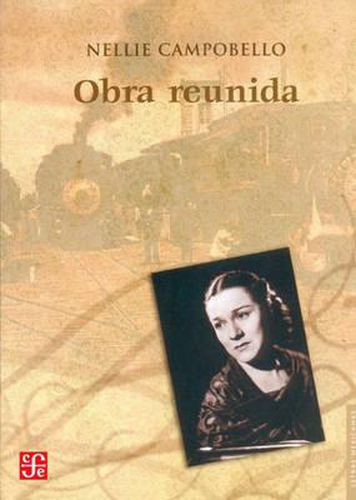Readings Newsletter
Become a Readings Member to make your shopping experience even easier.
Sign in or sign up for free!
You’re not far away from qualifying for FREE standard shipping within Australia
You’ve qualified for FREE standard shipping within Australia
The cart is loading…






This volume contains all of Nellie Campobello’s literary production, poetry as well as fiction. In the latter category, the selections include her youthful work Francisca Yo! (I, Francisca!) and Tres poemas (Three Poems) from Abra en la Roca (A Crack in the Rock), which showed traces of a refined Modernism. Campobello’s fiction was strongly colored by her desire to defend Pancho Villa and his movement, stigmatized by official history as a group of subversive bandits. Thus, Cartucho (Cartridge) is a series of stories about Villa’s followers taken from her own experiences, showing their tragic, human, side. Las manos de Mama (My Mother’s Hands), in contrast, links the protective figure of the mother, identified here as She, with the theme of the revolution and Villa’s movement. In Apuntes sobre la vida militar de Francisco Villa (Notes on the Military Life of Francisco Villa), Campobello abandons her former brief report style to venture into the more analytical cronica.
$9.00 standard shipping within Australia
FREE standard shipping within Australia for orders over $100.00
Express & International shipping calculated at checkout
This volume contains all of Nellie Campobello’s literary production, poetry as well as fiction. In the latter category, the selections include her youthful work Francisca Yo! (I, Francisca!) and Tres poemas (Three Poems) from Abra en la Roca (A Crack in the Rock), which showed traces of a refined Modernism. Campobello’s fiction was strongly colored by her desire to defend Pancho Villa and his movement, stigmatized by official history as a group of subversive bandits. Thus, Cartucho (Cartridge) is a series of stories about Villa’s followers taken from her own experiences, showing their tragic, human, side. Las manos de Mama (My Mother’s Hands), in contrast, links the protective figure of the mother, identified here as She, with the theme of the revolution and Villa’s movement. In Apuntes sobre la vida militar de Francisco Villa (Notes on the Military Life of Francisco Villa), Campobello abandons her former brief report style to venture into the more analytical cronica.